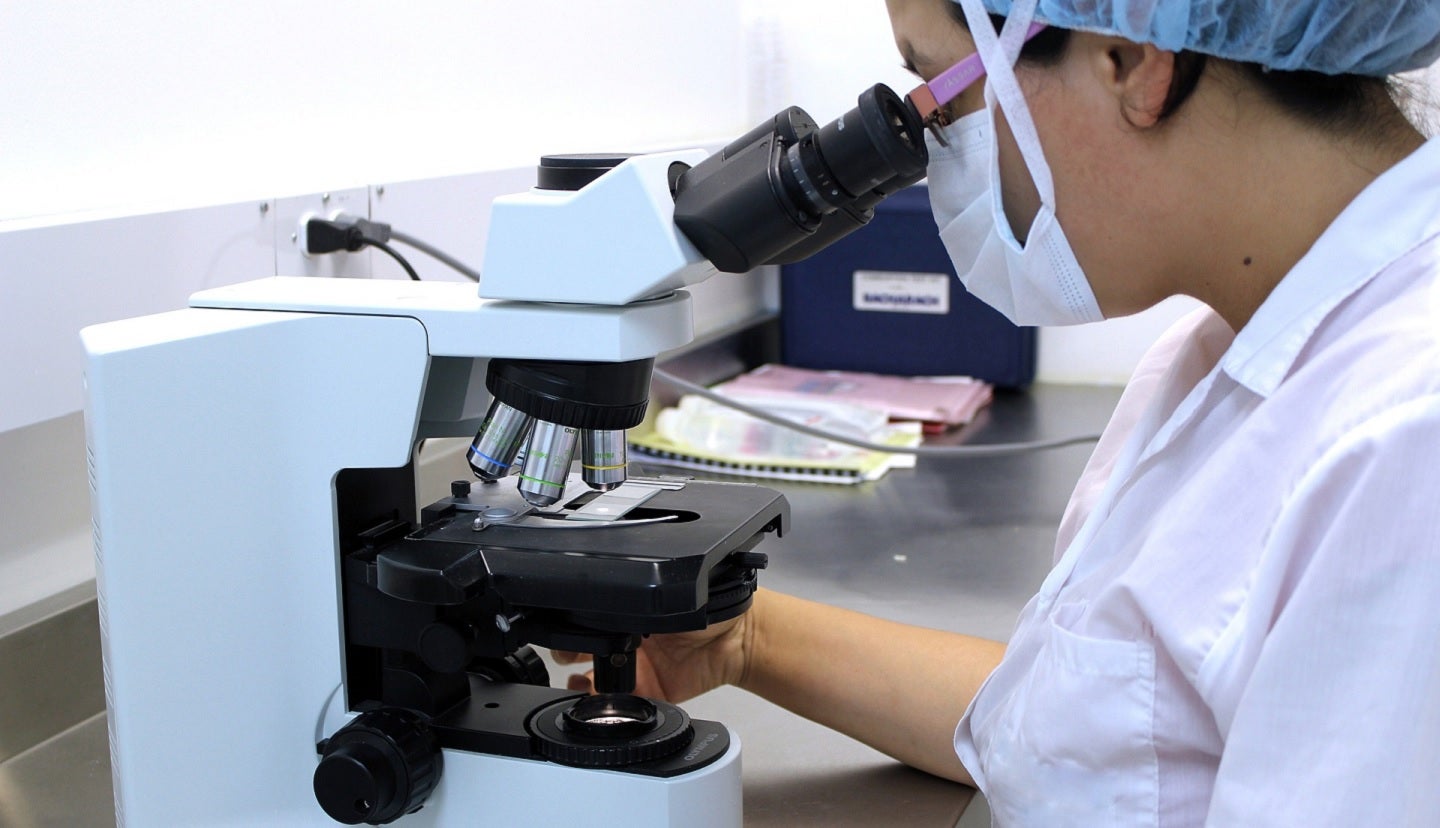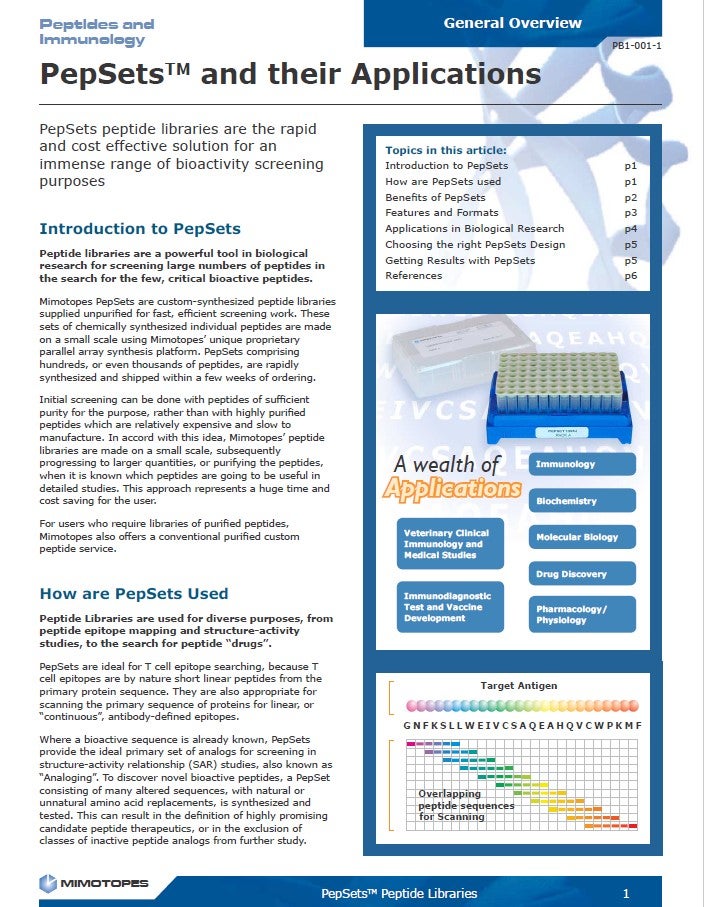

SOPHiA GENETICS is expanding its collaboration with AstraZeneca to include multimodal approaches for developing cancer drugs.
This collaboration aims to use the global SOPHiA DDM platform, a cloud-native platform of SOPHiA GENETICS, and multimodal algorithmic capabilities for AstraZeneca’s oncology portfolio.

US Tariffs are shifting - will you react or anticipate?
Don’t let policy changes catch you off guard. Stay proactive with real-time data and expert analysis.
By GlobalDataSOPHiA GENETICS’ platform can analyse data and produce insights from complex multimodal data sets and different diagnostic modalities.
The company expects that its platform and multimodal capabilities will lead to a new era of precision oncology by improving early diagnosis and patient identification, accelerating innovative medicines adoption along the care pathway and optimising clinical development.
The multimodal approach will combine radiomics analysis of molecular data, medical imaging data, digital pathology, and clinical and biologic data for a comprehensive evaluation of multimodal signatures using AI and machine learning technology.
SOPHiA GENETICS and AstraZeneca will together examine ways to expedite clinical trials and improve clinical decision-making.
They will also support evidence generation for market access and help clinicians choose the best possible treatments.
SOPHiA GENETICS chief biopharma officer Peter Casasanto said: “AstraZeneca is a global leader in innovative oncology therapeutics and has built one of the most diverse and robust oncology portfolios and R&D pipelines in the industry.
“Building on our existing partnership with AstraZeneca, notably to expand access to HRD testing, we are incredibly excited to deepen our collaboration to multimodal approaches that will further enable their precision oncology capabilities.”
In addition, the company introduced its real-world DEEP-Lung-IV study by using its multimodal machine learning-powered analytics capabilities to identify multimodal predictive response signatures to immunotherapy for advanced lung cancer patients.
AstraZeneca Oncology Europe & Canada senior vice-president Greg Rossi said: “Multimodality aims to harness the power of advanced AI and machine learning models by integrating multiple data modalities to obtain key insights which inform prognosis and response to therapy at the individual patient level.
“This approach is synergistic with AstraZeneca’s focus on developing personalised cancer treatment and has the potential to elevate precision oncology, currently driven by genomic-based biomarkers, into a truly multimodal connected health ecosystem.”
Early R&D projects coverage on Pharmaceutical Technology is supported by Mimotopes.
Editorial content is independently produced and follows the highest standards of journalistic integrity. Topic sponsors are not involved in the creation of editorial content.






